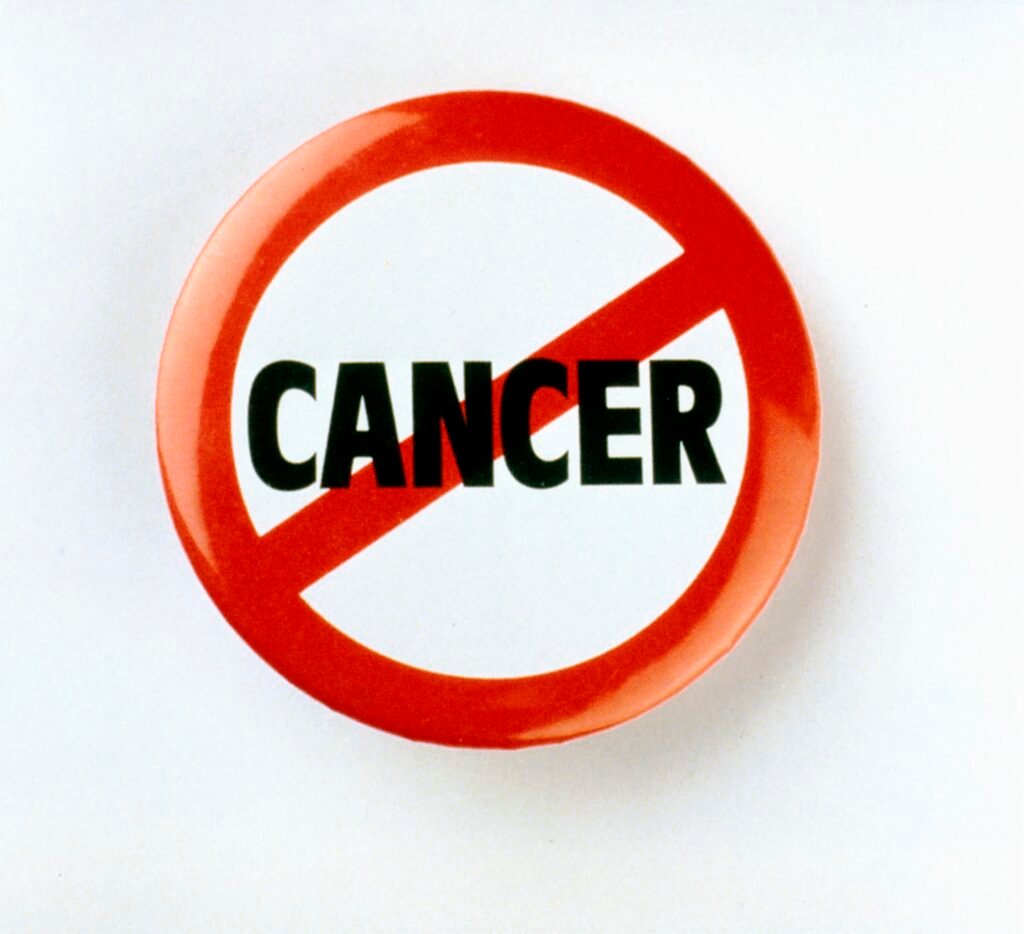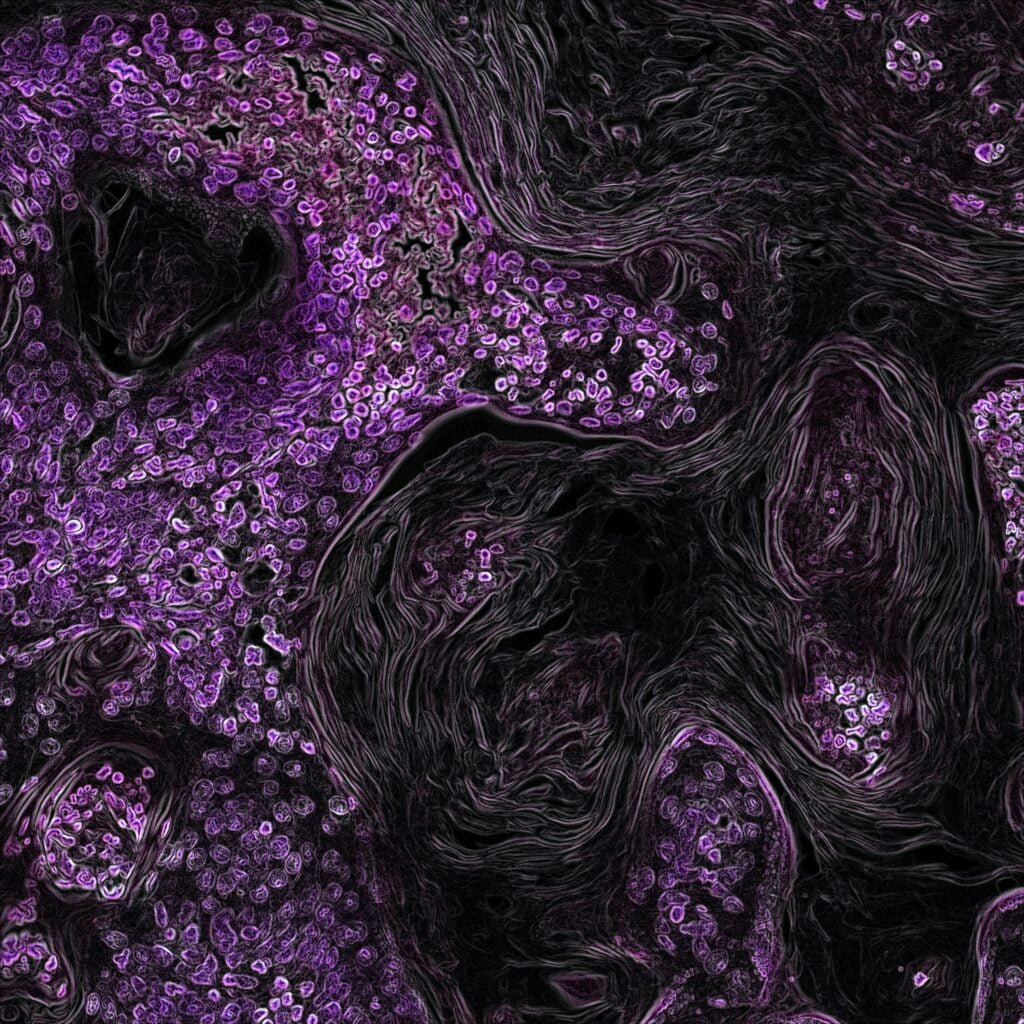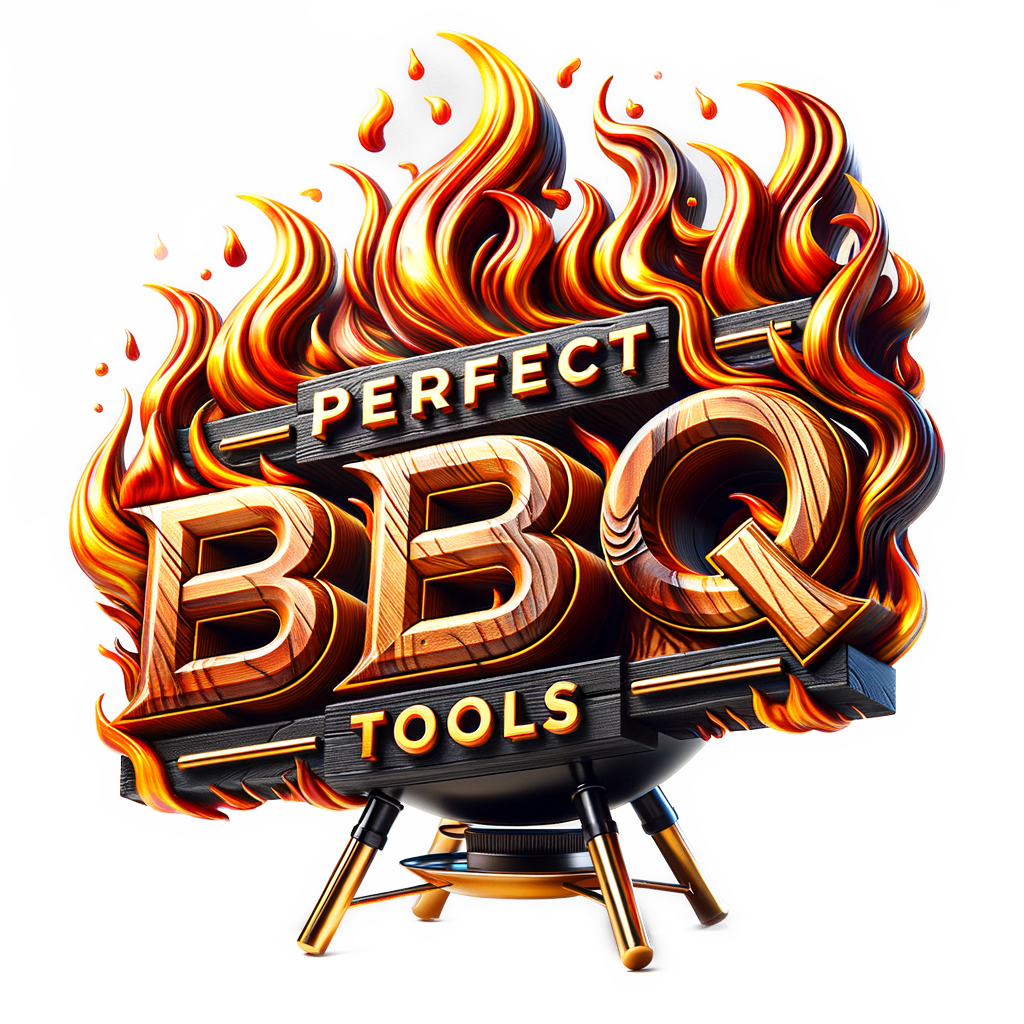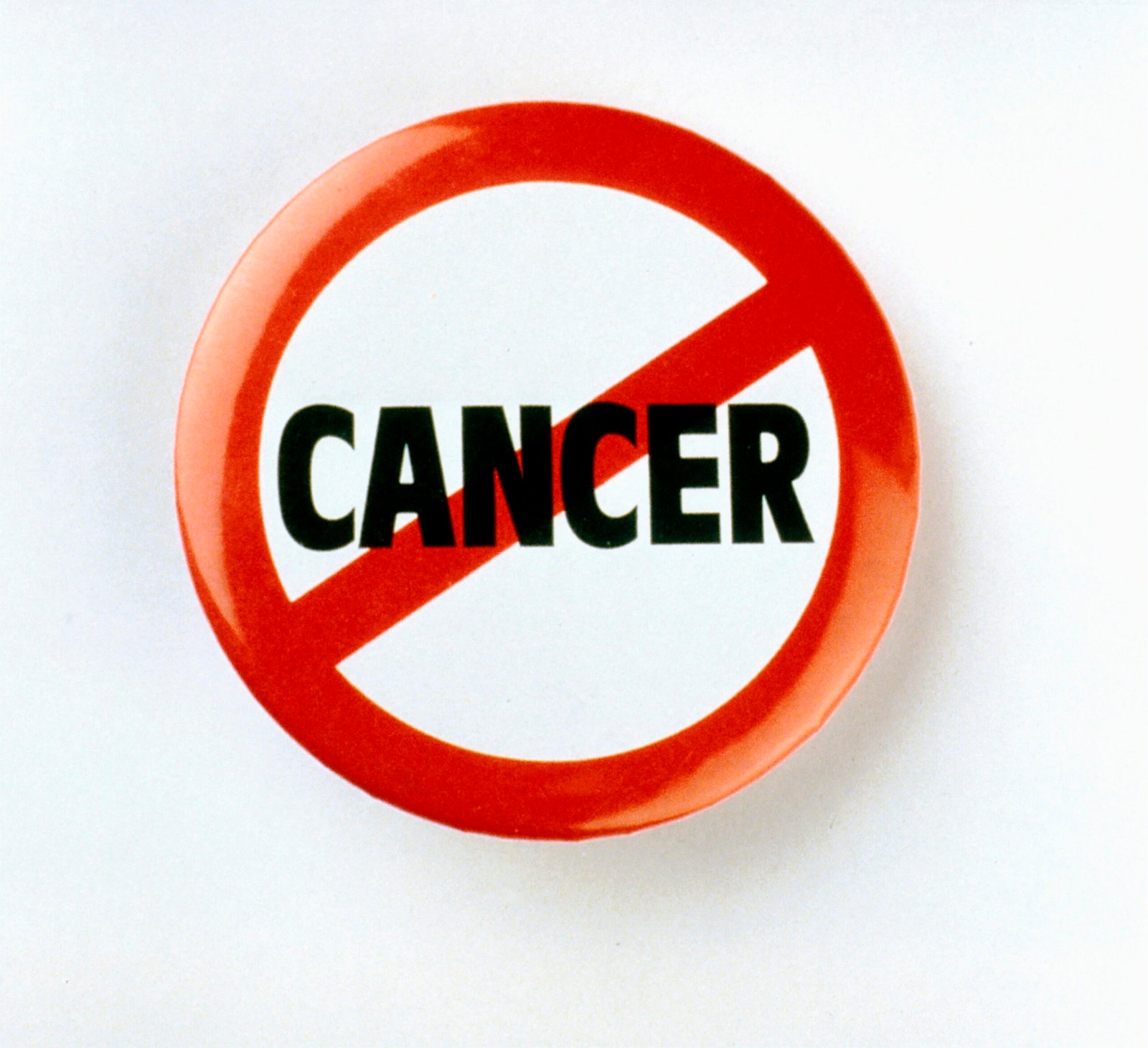Barbeque grilling – a favorite pastime of many, evoking images of sizzling meats, smoky flavors, and gatherings that create lasting memories. But amidst all the enjoyment, there lingers a question that often sparks concern: does barbeque grilling cause cancer? This article aims to shed light on this topic, exploring the potential risks associated with this beloved cooking method and providing insight into how we can still enjoy our barbeques while minimizing any potential health hazards. So grab your aprons and let’s find out the truth behind the enticing smoky grill.

Understanding the Fundamentals of Barbecue Grilling
Barbecue grilling is an age-old cooking technique that involves cooking food, typically meat, over an open fire or on a hot grill. It is a popular method of cooking, particularly during summer gatherings and outdoor events. Grilling provides a unique smoky flavor to the food and adds a sense of camaraderie as people gather around the grill, eagerly waiting for their favorite dishes to be served.
Techniques of Barbecue Grilling
There are various techniques of barbecue grilling that can be employed to achieve the desired results. Direct grilling is the most common method, where the food is placed directly over the heat source. This technique is perfect for thin cuts of meat that cook quickly, such as hamburgers and hot dogs.
Another technique is indirect grilling, where the food is placed away from the direct heat source, usually using a drip pan to catch any fat or juices. This allows the food to cook evenly and slowly, ideal for larger cuts of meat such as whole chicken or roasts.
Smoking is yet another technique that involves cooking food using the smoke produced by burning wood chips or chunks. This method imparts a distinct smoky flavor to the food, making it a favorite amongst barbecue enthusiasts.
Diverse types of Barbecue Grills
Barbecue grills come in various shapes and sizes, each with its own unique set of advantages. The most common types include charcoal grills, gas grills, electric grills, and pellet grills.
Charcoal grills are widely popular due to their affordability and the unmistakable smoky flavor they impart on the food. They require charcoal briquettes or lump charcoal as fuel, providing a slower and more authentic grilling experience.
Gas grills, on the other hand, offer convenience with quick and easy heat control. These grills use propane or natural gas as fuel, making them a popular choice among those looking for a hassle-free grilling experience.
Electric grills are perfect for those who do not have access to outdoor spaces or are constrained by the limitations of their living arrangements. These grills are powered by electricity and can be used indoors or outdoors.
Pellet grills are gaining popularity among barbecue enthusiasts. These grills use wood pellets as fuel, which adds a distinct smoky flavor to the food. They offer precise temperature control, allowing for low and slow cooking, as well as high-temperature searing.
Most common foods prepared on Barbecue Grill
Barbecue grills are versatile and can be used to cook a wide variety of foods. While grilled meats like burgers, steaks, and chicken are the most popular choices, vegetables, seafood, and even fruits can be cooked on the grill.
Vegetables such as corn on the cob, peppers, zucchini, and mushrooms take on a delightful char when grilled, bringing out their natural sweetness and adding a smoky depth of flavor. Grilled seafood, like shrimp, salmon, and lobster, is known for its delicate smokiness and tender texture.
Fruits like pineapple, peaches, and watermelon can also be grilled to caramelized perfection. Grilling them enhances their natural sweetness and adds a unique smoky twist to their flavor.
As with any cooking method, it’s important to consider safety and health aspects. In recent years, there has been ongoing debate about the potential link between barbecue grilling and cancer. Let’s delve into the concept of cancer and explore the evidence surrounding this topic.
Interpreting The Concept of Cancer
Understanding What Cancer is
Cancer is a complex disease characterized by the uncontrolled growth and spread of abnormal cells in the body. These abnormal cells can form tumors or invade nearby tissues and organs. There are over 100 types of cancer, each with its own unique characteristics and treatment options. Some common types of cancer include lung cancer, breast cancer, prostate cancer, and colorectal cancer.
How Cancer Develops
Cancer begins when the normal functioning of cells is disrupted. Normally, cells divide and grow in a controlled manner, replacing old or damaged cells. However, certain changes or mutations in the DNA of cells can disrupt this balance, leading to uncontrolled cell growth and the formation of a tumor.
These DNA mutations can arise from various factors, including genetic predisposition, exposure to environmental toxins, certain infections, and lifestyle choices such as smoking and poor diet. It is important to note that not all tumors are cancerous, as some may be benign and not spread to other parts of the body.
Common types of Cancer
There are numerous types of cancer that can affect different parts of the body. Lung cancer, which primarily affects the lungs, is one of the leading causes of cancer-related deaths worldwide. Breast cancer, predominantly affecting women but can also occur in men, is the second most common cancer globally.
Prostate cancer, affecting the prostate gland in men, and colorectal cancer, affecting the colon or rectum, are also prevalent types of cancer. These are just a few examples, as there are many other types of cancer, each with its own unique characteristics and treatment approaches.
Linking Barbecue Grilling and Cancer: The Debate
The potential link between barbecue grilling and cancer has been a topic of intense debate and scientific research. While some studies have suggested a connection, others have found no significant evidence to support this claim. Let’s explore both sides of the argument.
Studies suggesting Barbecue Grilling causes Cancer
Several studies have found associations between regular consumption of grilled meat and an increased risk of certain cancers. The formation of carcinogens during the grilling process, such as polycyclic aromatic hydrocarbons (PAHs) and heterocyclic amines (HCAs), has been proposed as a contributing factor.
PAHs are formed when fat drips onto the hot coals or grilling surface, causing flames and smoke to rise. These compounds can then adhere to the surface of the food being cooked. HCAs, on the other hand, are formed when amino acids and creatine, naturally present in meat, react at high temperatures.
The consumption of foods containing high levels of PAHs and HCAs has been linked to an increased risk of various types of cancer, including colorectal, stomach, pancreatic, and breast cancer. However, it is crucial to consider the limitations of these studies and the inconsistent findings within the scientific community.
Research denying the connection between Barbecue Grilling and Cancer
While some studies have suggested a link between barbecue grilling and cancer, other research has found no significant association or has provided conflicting results. For instance, a large review of studies published in the journal Cancer Epidemiology, Biomarkers & Prevention concluded that the evidence linking grilled meat consumption to cancer risk is limited and inconsistent.
The study found that the associations between grilled meat consumption and cancer risk were weakened or eliminated after accounting for confounding factors such as diet, lifestyle choices, and genetic susceptibility. Furthermore, different cooking methods, marinating techniques, and flavors added to the meat may also influence the formation of potential carcinogens.
Why the findings are inconsistent
The inconsistent findings regarding the link between barbecue grilling and cancer can be attributed to various factors. Firstly, there are numerous variables to consider, including the type of meat, cooking temperature and time, marinades, and the individual’s overall dietary habits and lifestyle choices.
Furthermore, the studies conducted often rely on self-reported dietary data, which can be prone to inaccuracies and recall bias. It is challenging to separate the impact of grilling from other lifestyle factors that may contribute to cancer risk, such as smoking, alcohol consumption, and poor dietary patterns.
Additionally, the methods used to measure the formation of potential carcinogens, such as PAHs and HCAs, vary among studies, further contributing to inconsistent findings. The complexity of cancer development, with multiple genetic and environmental factors at play, adds to the challenges of establishing a clear cause-and-effect relationship between barbecue grilling and cancer.
Scientific Explanation: How Does Barbecue Grilling Potentially Cause Cancer
To understand the potential mechanisms by which barbecue grilling may contribute to cancer development, it is important to delve into the scientific details. Several factors come into play during the grilling process, leading to the formation of compounds that have been implicated in carcinogenesis.
Formation of Polycyclic Aromatic Hydrocarbons (PAHs)
When fat drips onto the hot coals or grilling surface, causing flare-ups and smoke production, polycyclic aromatic hydrocarbons (PAHs) are formed. These compounds can adhere to the surface of the food being cooked, particularly when it comes into direct contact with the flames or smoke.
PAHs have been classified as potential carcinogens, as some studies have shown that high levels of exposure to these compounds can increase the risk of cancer. However, the exact role of PAHs in cancer development and their impact on human health is still an area of ongoing research.
Generation of Heterocyclic Amines (HCAs)
Heterocyclic amines (HCAs) are formed when amino acids and creatine, naturally present in meat, react at high temperatures, typically above 300°F (150°C). HCAs are primarily formed during the Maillard reaction, a chemical reaction between amino acids and reducing sugars that gives grilled food its desirable flavor and browned appearance.
The consumption of foods containing high levels of HCAs has been associated with an increased risk of cancer, particularly colorectal, stomach, and pancreatic cancer. The exact mechanisms by which HCAs exert their carcinogenic effects are not fully understood, but they are believed to be genotoxic, meaning they can damage DNA within cells and potentially lead to cancerous mutations.
Effects of Charring on Meat
Charring, or the formation of blackened or burnt sections on the surface of grilled meat, is another aspect that has been linked to cancer risk. The charring of meat can produce acrylamide, a chemical compound that has been classified as a potential carcinogen by the International Agency for Research on Cancer (IARC).
Acrylamide is formed in foods when amino acids and sugars react at high temperatures, particularly during frying, baking, and grilling. However, the levels of acrylamide formed during the grilling process are generally lower compared to other cooking methods such as frying or baking.
Role of Smoke in Cancer Development
The smoke produced during the grilling process contains a variety of compounds, including PAHs and volatile organic compounds (VOCs), that can potentially contribute to cancer development. These compounds can be inhaled or come into direct contact with the food, potentially increasing the risk of certain cancers.
However, it’s important to note that the impact of smoke on cancer risk may vary depending on the type of fuel used, the cooking method, and the ventilation of the grilling area. Additionally, the consumption of smoked food is not the only route of exposure to these compounds, as they can also be present in other environmental sources such as air pollution and tobacco smoke.

Factors that Influence Risk
While the potential link between barbecue grilling and cancer is a contentious issue, several factors can influence the level of risk associated with this cooking method. It’s important to consider these factors to make informed choices about grilling practices and minimize any potential risks.
Amount of Barbecued Food Consumed
The frequency and quantity of grilled food consumed can impact the overall exposure to potential carcinogens. Consuming grilled meat occasionally as part of a balanced diet is unlikely to pose a significant risk. However, consistently consuming large amounts of heavily charred or well-done meats may increase the potential risk.
Cooking Temperature and Time
The cooking temperature and duration play a crucial role in the formation of potential carcinogens during grilling. Higher cooking temperatures and longer cooking times are more likely to result in the formation of higher levels of PAHs and HCAs.
To minimize the formation of these compounds, it is recommended to cook meat to the appropriate internal temperature, using a meat thermometer. Avoiding prolonged exposure to high temperatures, as well as using lower heat settings and indirect grilling methods, can also help reduce the formation of potential carcinogens.
Type of Meat
The type of meat being grilled can influence the levels of potential carcinogens formed during the cooking process. Red meats, such as beef, pork, and lamb, tend to contain higher levels of creatine, which can lead to the formation of more HCAs.
Poultry, including chicken and turkey, generally contains lower levels of creatine compared to red meats, resulting in lower levels of HCAs. Opting for leaner cuts of meat and trimming any visible fat can also help reduce the levels of potential carcinogens.
Dietary Habits and Lifestyle Choices
It is important to consider overall dietary habits and lifestyle choices when assessing the potential cancer risk associated with barbecue grilling. A diet rich in fruits, vegetables, and whole grains, along with regular physical activity, can help mitigate the potential negative effects of grilling.
Additionally, other lifestyle choices such as maintaining a healthy body weight, limiting alcohol consumption, and avoiding tobacco use are crucial factors in reducing the overall risk of cancer.
Most Vulnerable Types of Cancer from Grilling
While the evidence regarding the linkage between barbecue grilling and cancer is still inconclusive, some types of cancer have been commonly associated with high levels of grilled meat consumption. It’s essential to be aware of these types of cancer to make informed choices about grilling practices.
Colorectal Cancer
Colorectal cancer, which affects the colon or rectum, has been the subject of several studies investigating the potential link between grilled meat consumption and cancer risk. High levels of exposure to HCAs and PAHs from grilled meats have been associated with an increased risk of colorectal cancer.
Stomach Cancer
Stomach cancer has also been linked to the consumption of grilled meats. The formation of potential carcinogens during the grilling process, along with the direct exposure of the stomach lining to these compounds, may contribute to the development of stomach cancer.
Pancreatic Cancer
Pancreatic cancer, a highly aggressive form of cancer with a low survival rate, has been associated with the consumption of well-done or heavily charred meats. The formation of potential carcinogens during grilling, such as HCAs and PAHs, may play a role in the development of pancreatic cancer.
Breast Cancer
While the evidence regarding the link between grilled meat consumption and breast cancer is limited, some studies have found associations between the two. The potential mechanisms linking grilled meats to breast cancer risk are still not well understood and require further research.

Practical Steps to Minimize Potential Risks
While the debate on the potential link between barbecue grilling and cancer continues, individuals can take practical steps to minimize any potential risks associated with this cooking method. By implementing these strategies, you can ensure a safe and enjoyable grilling experience.
Arranging Meat Properly
Proper meat arrangement on the grill can help minimize the formation of potential carcinogens. Keeping the meat a safe distance from the heat source can reduce the risk of charring and flare-ups, which can lead to the formation of PAHs. Using aluminum foil or drip pans to catch the fat and juices can also prevent excessive smoke production.
Controlling Grill Temperature
Maintaining a moderate cooking temperature can reduce the formation of potential carcinogens such as PAHs and HCAs. Using a meat thermometer to ensure the meat reaches the appropriate internal temperature without overcooking can help minimize the risk.
Choosing Healthier Meats
Opting for leaner cuts of meat and trimming any visible fat before grilling can decrease the levels of potential carcinogens. Additionally, marinating the meat in herbs, spices, and acidic ingredients like vinegar or citrus juices prior to grilling can help reduce the formation of HCAs.
Marinating the Meat
Marinating the meat before grilling has been shown to reduce the formation of potential carcinogens. A marinade can act as a protective barrier by creating a film on the meat’s surface and reducing the direct contact between the meat and high heat.
Certain ingredients in marinades, such as acidic components like vinegar or lemon juice, can help lower the production of HCAs. Adding herbs and spices like rosemary, thyme, and turmeric to the marinade may also have anti-carcinogenic properties.
Consumption of Anti-oxidant Rich Foods
Including anti-oxidant-rich foods in your diet can help counteract the potential negative effects of grilling. Antioxidants help neutralize free radicals, which are unstable molecules that can contribute to cell damage and potentially lead to cancer.
Foods such as fruits, vegetables, whole grains, and herbs and spices are excellent sources of antioxidants. Incorporating a variety of these foods into your diet can provide a range of beneficial antioxidants that can support your overall health.
Alternative Cooking Methods
For individuals concerned about the potential risks associated with barbeque grilling, there are alternative cooking methods that can still provide delicious and healthy meals.
Using the Oven
Using the oven to cook meats, poultry, and vegetables can provide a similar cooking experience without the need for an open flame or direct contact with hot coals. Roasting meats at a lower temperature can help retain moisture and flavors, while still achieving the desired level of doneness.
Choosing Roasting or Broiling
Roasting and broiling are cooking methods that utilize the oven’s heat source to cook food. Both methods can provide a similar flavor profile to grilled food, with the added benefit of more controlled cooking environments. Roasting involves cooking food slowly in the oven, while broiling exposes the food to direct heat from above, resulting in a charred or crispy exterior.
Benefits of Steaming
Steaming is another alternative cooking method that can produce healthy and flavorful dishes. Steaming involves gently cooking food over boiling water, allowing it to retain its natural flavors, textures, and nutrients. Steamed vegetables, fish, and poultry can be delicious and nutritious options.
Microwaving Meat
Microwaving meat is a quick and convenient way to cook without the need for open flames or excessive heat exposure. While it may not provide the same browning or charring effect as grilling or other cooking methods, microwaving can be an efficient way to cook meats effectively and safely.
Recommendations from Health Organizations
Various health organizations provide guidelines and recommendations regarding the potential risks associated with barbeque grilling and offer ways to protect your health while enjoying grilled foods.
American Cancer Society’s Stand
The American Cancer Society (ACS) acknowledges the potential risk of cancer associated with the consumption of grilled meat, particularly when it is charred or well-done. The ACS recommends minimizing the consumption of processed and red meats, using lower cooking temperatures, and removing any visible fat before grilling.
Position of WHO on Barbecue Grilling and Cancer
The International Agency for Research on Cancer (IARC), a part of the World Health Organization (WHO), has classified the consumption of red meat as “probably carcinogenic to humans.” This classification includes all methods of cooking red meat, including grilling. The WHO advises limiting the intake of red meat while emphasizing a balanced diet rich in fruits, vegetables, and whole grains.
FDA Guidelines on Grilled Meat Consumption
The U.S. Food and Drug Administration (FDA) suggests following safe food handling practices to reduce the risk of foodborne illnesses associated with grilling. This includes selecting fresh meats, poultry, and seafood, properly storing and refrigerating perishable items, and thoroughly cooking foods to their recommended internal temperatures.
Conclusion: Is Barbecue Grilling Really a Cause of Cancer?
The potential link between barbeque grilling and cancer is a complex and highly debated topic. While some studies suggest an increased risk, others have found no significant evidence. It is important to consider the limitations and inconsistencies within the scientific research when assessing the potential risks.
Weighing the proven benefits of grilling, such as flavor enhancement and the joy of outdoor cooking, against the potential risks is a personal decision. By implementing practical steps, such as proper meat arrangement, controlling grill temperature, and choosing healthier cooking methods, individuals can minimize any potential risks associated with grilling.
Furthermore, maintaining a balanced diet rich in fruits, vegetables, and whole grains, along with leading a healthy lifestyle, can contribute to overall well-being and reduce the risk of cancer. As scientific research continues, it is crucial to stay informed and make mindful choices when it comes to food and cooking practices.
By prioritizing safety, moderation, and an understanding of the potential risks, you can continue to enjoy delicious grilled meals while protecting your health.

